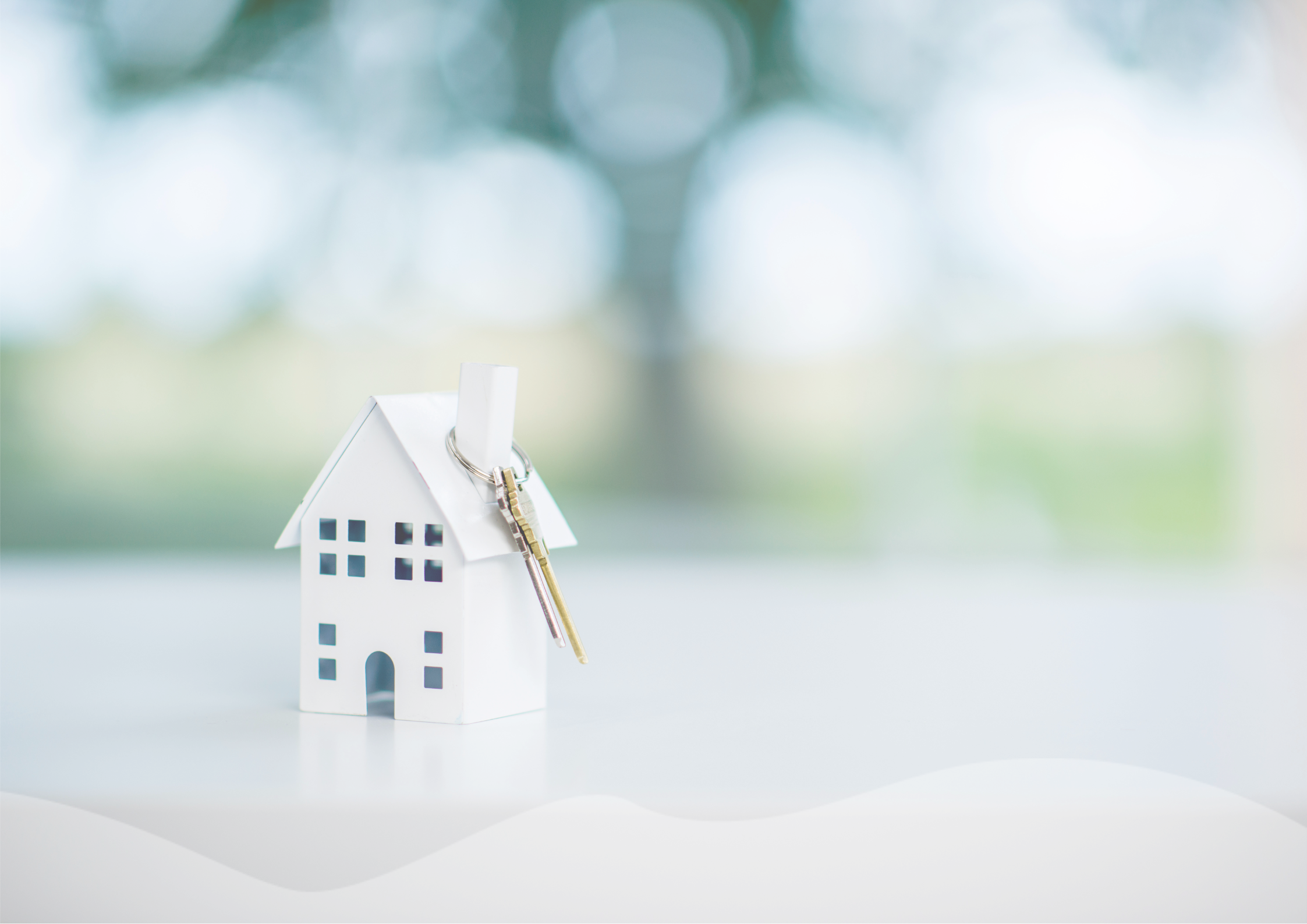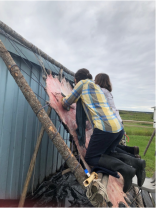
Pathways: Understanding history and culture creates safe places for everyone
The first step in supporting reconciliation is to increase awareness.
The Truth and Reconciliation Commission’s call to action #57 calls on all levels of government to educate public servants on the history of Aboriginal peoples including the history and legacy of residential schools, the United Nations Declaration on the Rights of Indigenous Peoples, Treaties and Aboriginal rights, Indigenous law and Aboriginal–Crown relations.
Kaitlyn Charlie, Northern Tutchone, is the Diversity and Inclusion Program Advisor with the Public Service Commission. She supports cultural safety, anti-racism, reconciliation and human rights training across the Yukon government.
She says everyone has a responsibility to understand the history of the place they call home.
Kaitlyn CharlieWe need to acknowledge how we came to be on the land we're on, whose land we are on, and how it came to be that we can occupy this space
Kaitlyn's team has created, delivered and implemented diversity training to help increase Yukon public servants’ knowledge and understanding of Yukon First Nations history, culture, governance and ways to better support reconciliation.
She says learning the Yukon’s history, and the contemporary implications of colonization and residential schools, will help break down cultural bias and discrimination.
“By learning about this space and this place, we respect the people that were here before us and the people who are still here,” Kaitlyn says.
Cultural safety training
Juniper Redvers is Métis Chipewyan from the Northwest Territories.
She’s an academic researcher and an Indigenous counsellor, facilitator, writer and consultant.
The Government of Yukon contracted Juniper and Kwanlin Dün Elder Dianne Smith to develop the cultural safety training course.
For her, the work is personal.
“As an Indigenous person, I've definitely experienced places that were culturally unsafe," says Juniper.
Cultural safety is much bigger than individual change, it's about addressing systemic racism and colonialism.
She says cultural safety training is one component of a huge puzzle.
"If I'm involved in that little piece, then at least it's one part trying to create places that are more culturally safe."

Overwhelming response
Kaitlyn says the response to the training has been overwhelmingly positive.
She says the experiential and reflective nature of the cultural safety training has really shifted people’s thinking and they want to put their learning into practice immediately.
“Some people want to be able to put all of this into action immediately,” says Kaitlyn. “It's incredible. It's really wonderful to see that response from our colleagues in the organization.”
She says the training empowers people to make change in areas where they have influence.
